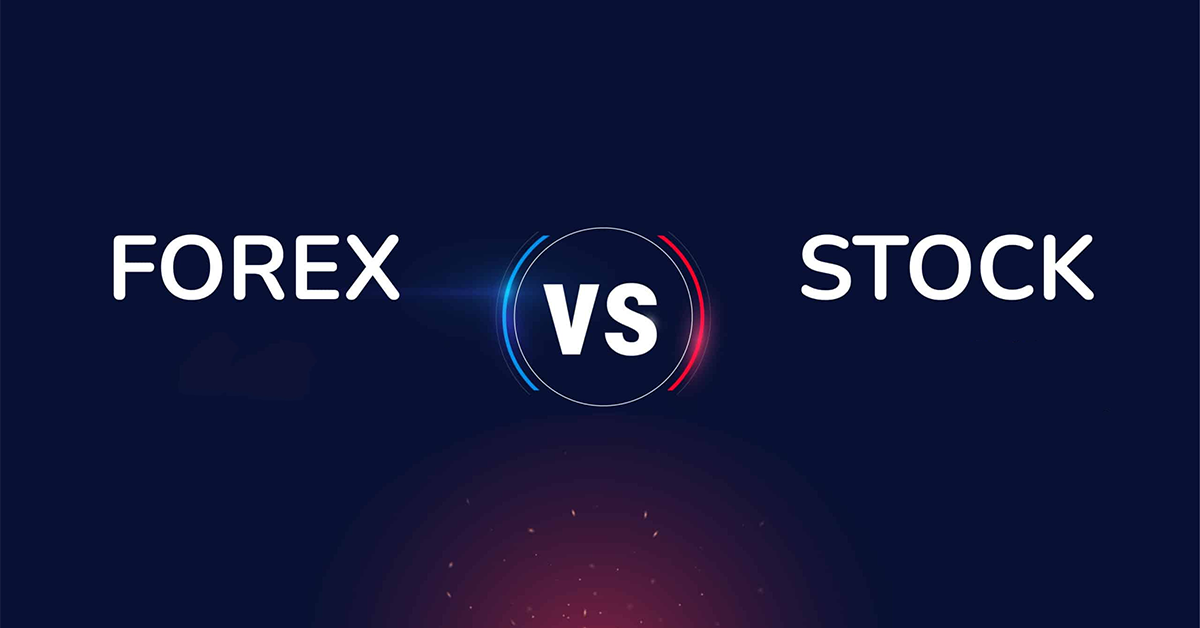In the investment world, the choice between forex trading and stocks trading presents a pivotal decision for many investors. Understanding the fundamental differences between these two markets is essential for informed decision-making. For a comprehensive analysis of brokers, one might consider consulting resources such as Broker Reviewfx. This article aims to elucidate the primary distinctions between forex and stock trading in an accessible and formal manner.
Market Operation Hours
Forex trading operates in a continuous cycle, active 24 hours a day, five days a week. This is due to the global nature of currency markets, which ensures that at any given time, a market somewhere in the world is open. This aspect offers flexibility for investors to trade at almost any time.
Conversely, stock trading adheres to a more structured schedule, typically aligning with the standard business hours of the stock exchanges, which usually operate Monday through Friday. This fixed schedule can be advantageous for investors who prefer a more predictable trading framework.
Focus of Trade
In forex trading, the focus is on currency pairs, essentially betting on the value of one currency against another. These currency values are influenced by a variety of factors including economic indicators, geopolitical developments, and market sentiment.
Stock trading involves purchasing shares of companies. The performance of these shares is closely tied to the fortunes of the individual companies, influenced by their financial health, sector trends, and the broader economic environment.
Initial Investment and Leverage
Forex trading is known for its accessibility, often requiring a lower initial investment compared to stock trading. Furthermore, it frequently offers higher leverage, allowing traders to control large positions with a comparatively smaller amount of capital. However, it is important to approach leverage with caution as it can magnify both profits and losses.
In contrast, stock trading generally demands a higher initial capital, as investors purchase actual shares of companies. The cost per share can vary significantly, especially in the case of major corporations.
Analytical Complexity
Forex trading, while seemingly straightforward due to its focus on currencies, requires a deep understanding of global economic and political factors that can affect currency values.
Stock trading demands a comprehensive analysis of individual companies, including their financial health, industry positioning, and potential for growth. This analysis often involves meticulous research and staying informed about corporate and economic news.
Market Volatility and Risk
The forex market is popular because of its high volatility, with currency values capable of rapid and significant fluctuations. This presents both opportunities and risks for traders.
Stock markets, while also susceptible to volatility, generally maintain a perception of greater long-term stability compared to the forex market. Economic downturns, however, can significantly affect stock market stability.
Conclusion
Both forex and stock trading offer unique opportunities and challenges. Forex trading stands out for its flexibility, continuous operation, and the potential to leverage significantly, while stock trading actively provides a more traditional approach to investing in company shares. It is imperative for investors to conduct thorough research and due diligence before entering either market. Consulting resources like Broker Reviewfx for broker reviews can provide valuable insights, aiding investors in making well-informed decisions.












0 Comments